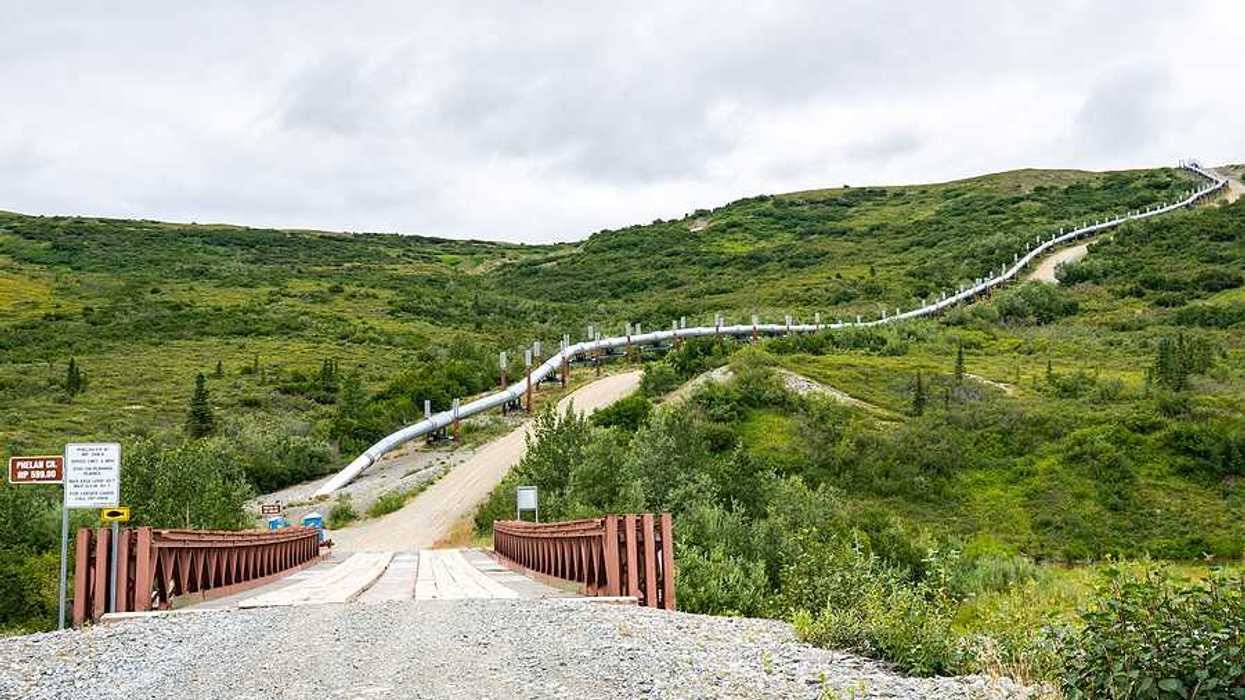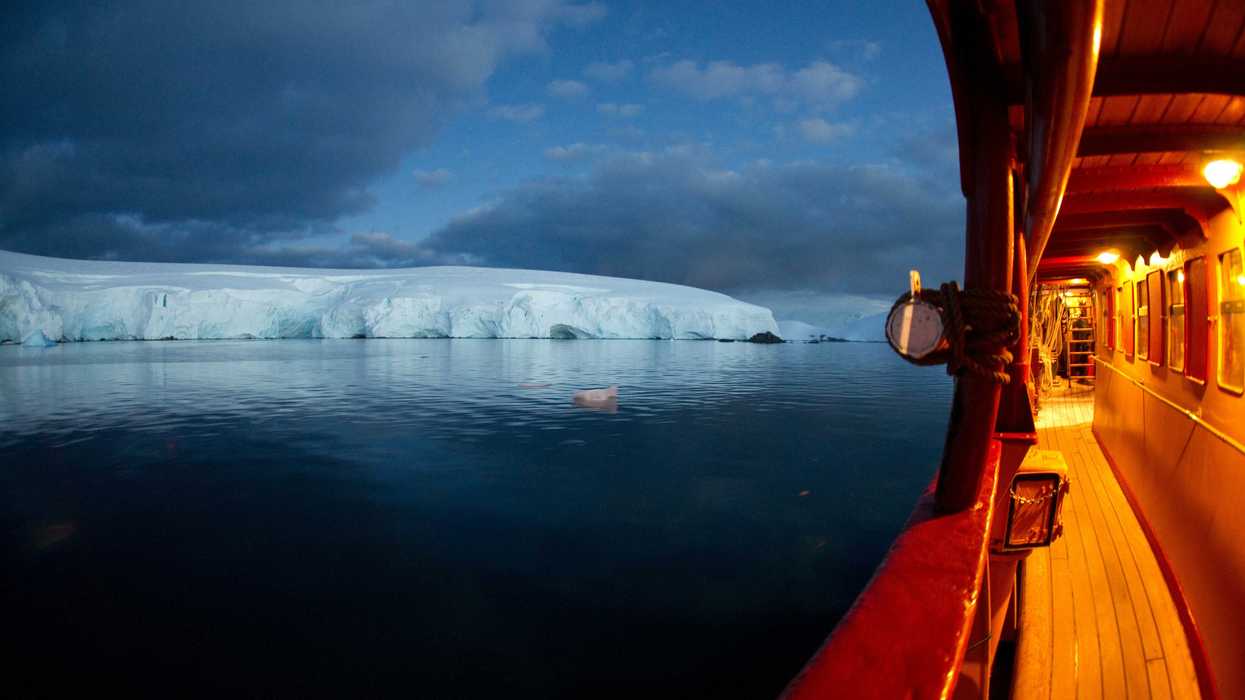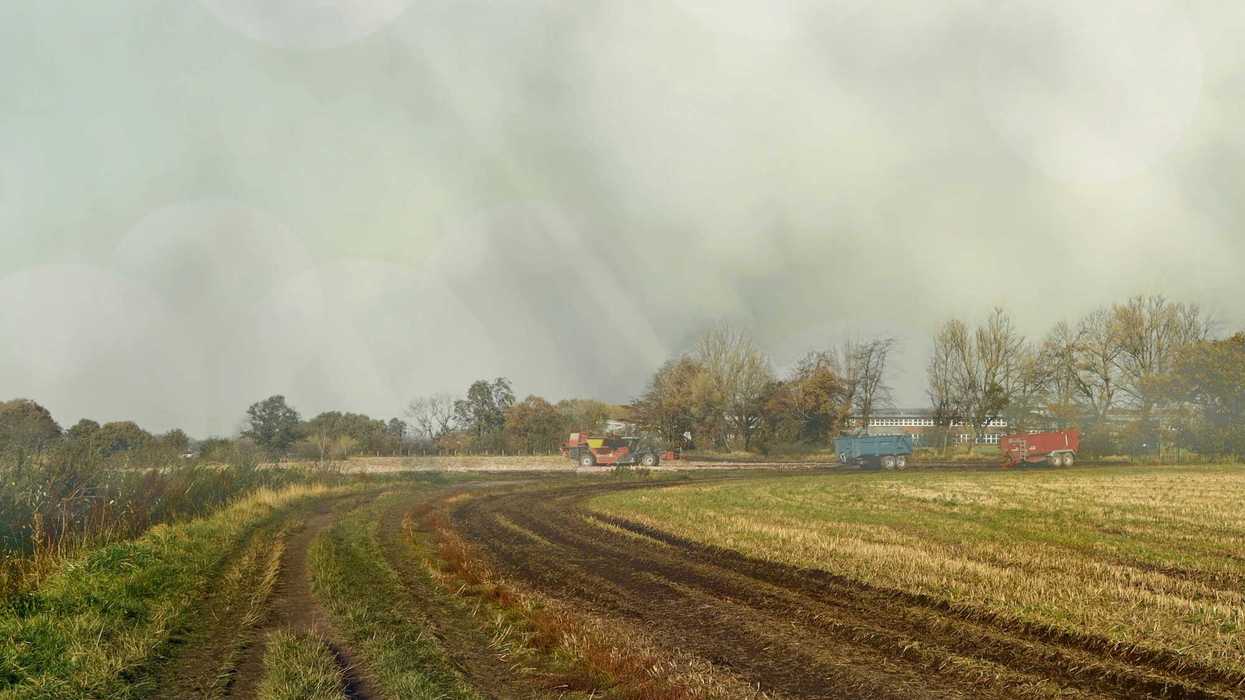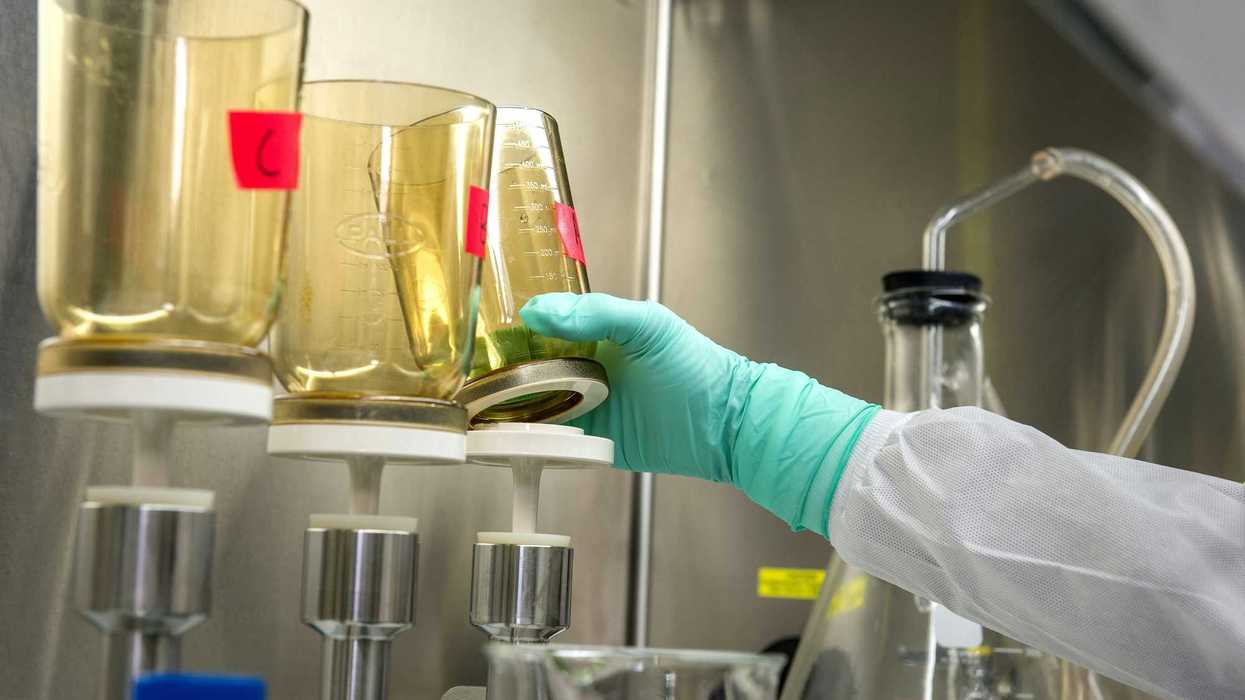The Tsleil-Waututh Nation is working to restore the Burrard Inlet's ecosystem by studying their ancestors’ diet to highlight the region's biodiversity and past abundance.
Steph Kwetásel’wet Wood reports for The Narwhal.
In short:
- The Tsleil-Waututh Nation collaborated with UBC researchers to reconstruct their ancestors' diet using archaeological data and cultural knowledge, revealing a diet high in protein and healthy fats.
- The Burrard Inlet, once abundant with marine life, has suffered significant ecological damage due to industrialization, reducing traditional food sources' availability and safety.
- The research supports efforts to restore the inlet’s ecosystem and food sources, highlighting sustainable practices from the pre-colonial era.
Key quote:
"We should be able to eat from the water. We should be able to use it."
— Michelle George, Tsleil-Waututh member and cultural technical specialist with the nation’s Treaty, Lands and Resources Department
Why this matters:
The study demonstrates the potential for ecological restoration by combining historical knowledge with scientific research. By understanding traditional diets and sustainable practices, current efforts can better address modern environmental challenges and promote food security.
Related:














